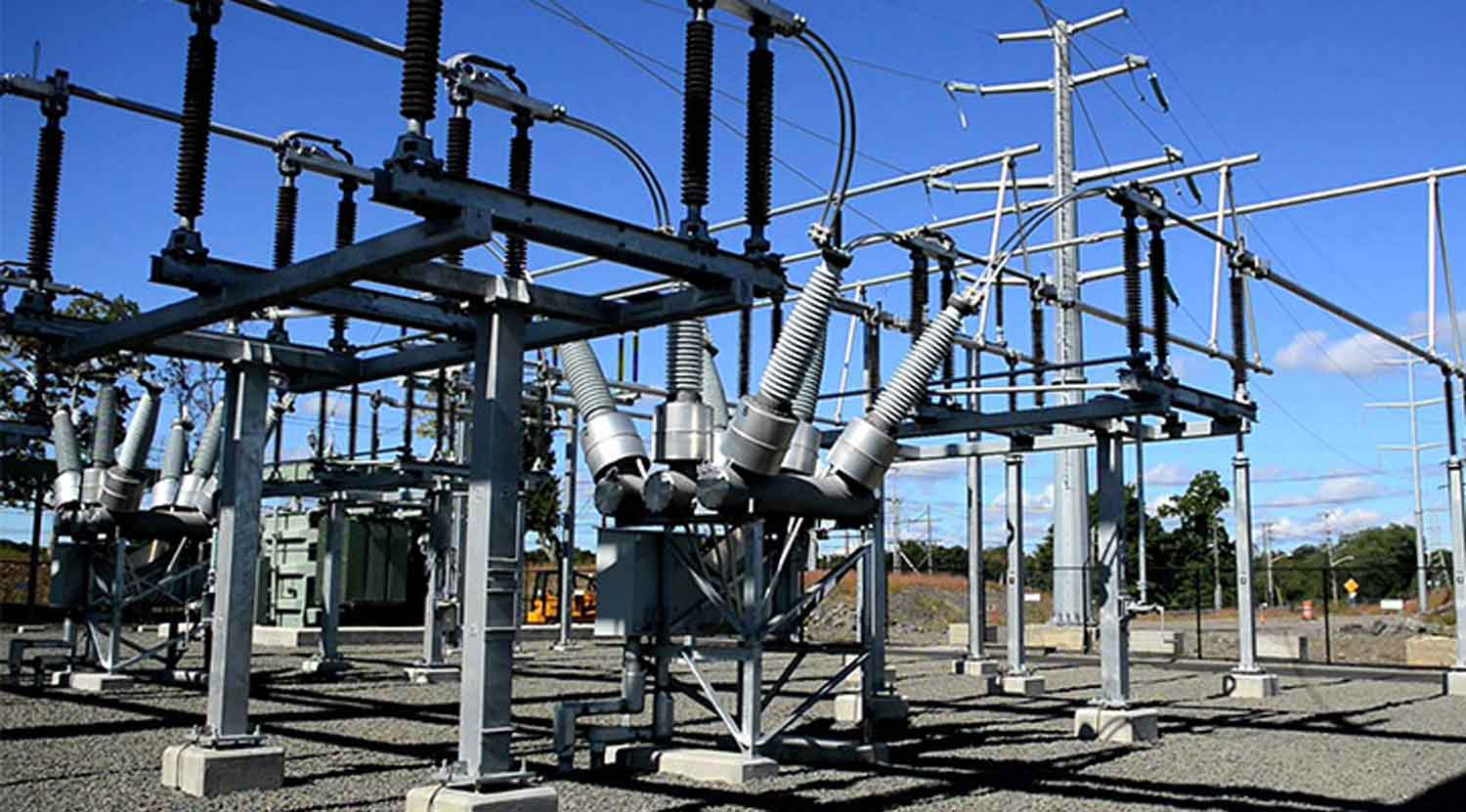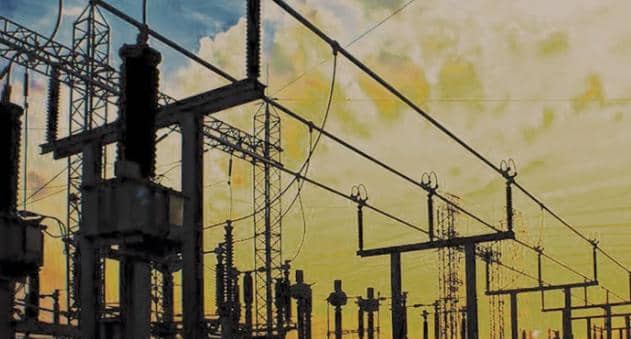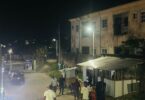FG Plans $750M World Bank Loan to Improve Power Supply

The Federal Government is working to improve electricity access in Nigeria with a $750 million loan from the World Bank. This effort focuses on renewable energy to meet the needs of sectors like education, health, agriculture, transportation, and rural communities.
What is the State of Power Supply in Nigeria?
Over 80 million Nigerians still lack access to electricity. To address this, the government has introduced the e-HEART project, which aims to deploy mini-grids in rural areas. This initiative will create jobs, boost rural economies, and reduce migration from villages to cities.
In addition to this, $700 million has been allocated from the African Development Bank (AfDB) for the “Desert to Power” project. This project will use solar energy in northern Nigeria to power communities, leveraging the region’s abundant sunlight.
Efforts by the Government to Provide Power Supply
At a workshop organized by the Rural Electrification Agency (REA), Minister of Power Adebayo Adelabu, represented by Dr. Sunday Owolabi, shared updates on the government’s plans:
- Off-Grid Power Solutions: Focused on renewable energy to reduce the electricity gap.
- Power Substation Upgrades: N161 million worth of contracts approved to modernize power infrastructure under the Presidential Power Initiative (PPI), adding 150 MW to the grid and upgrading 14 substations while building 21 new ones.
- DARES Program: A major project supported by the World Bank, with $750 million aimed at providing renewable energy to over 13 million Nigerians.
Progress in Renewable Energy
The REA Managing Director, Engr. Abba Aliyu, highlighted significant achievements:
- Mini-Grids and Solar Home Systems: 124 mini-grids and 25,580 solar home systems deployed, delivering 16.6 MW of electricity.
- Connections and Beneficiaries: Over 195,000 connections established, benefiting 183 communities and 12 markets.
- Uninterrupted Power: The project targets power for 3,700 healthcare centers, 25 schools per state, 25 rural communities per state, and solar-powered charging stations for tricycles across Nigeria.
Support for Renewable Energy
Aliyu emphasized that renewable energy has never received such attention from the government. The first law President Tinubu signed was the Electricity Act. It empowers states and local governments to participate in the energy sector.
He called on state governments and private organizations to join these programs to ensure reliable and sustainable electricity for all Nigerians.







